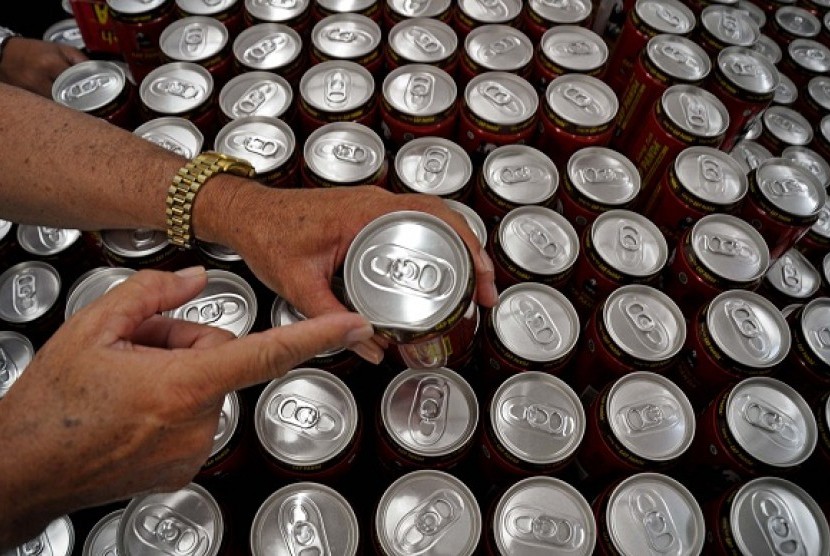REPUBLIKA.CO.ID, JAKARTA - Indonesia plans to reverse a rule that would have forced all tin solder exports to trade on a local exchange from January next year, a trade ministry official said, aiming to promote shipments by the world's biggest exporter of the material.
In a bid to halt illegal mining and give Indonesia greater control over prices, a regulation last August forced all tin ingot shipments to trade via a local platform before being exported. Tin solder was exempted until January 2015.
Tin exports plunged after the rule came into effect and monthly exports of solder spiked as some companies sought to avoid having to trade through a local exchange. The government had discussed bringing forward the date for tin solder to close the loophole, but has instead decided to exempt it altogether in line with a broader government policy to promote downstream industries.
"In the amendment of the tin export regulation, tin solder will be freed from the obligation to be traded at a local commodity exchange because tin solder is not considered as a raw material anymore, but a finished product," said Thamrin Latuconsina, export director for mining and industrial products.
The new regulation would hopefully be approved before the presidential elections on July 9, Latuconsina said.
In May, Indonesia exported 11,540 tonnes of tin ingots, 464 tonnes of solder, and 775 tonnes of refined tin in other forms, said the official, a trade ministry official said. The new tin regulation will also make changes to the standards and specifications for four types of exports -ingot, pure and non ingot, solder and tin in other form- added Bachrul Chairi, director general of foreign trade, who did not elaborate further.
Indonesia's government has put in place various policies aimed at adding value to its exports by promoting downstream industries and shifting the economy away from merely being an exporter of raw materials.


